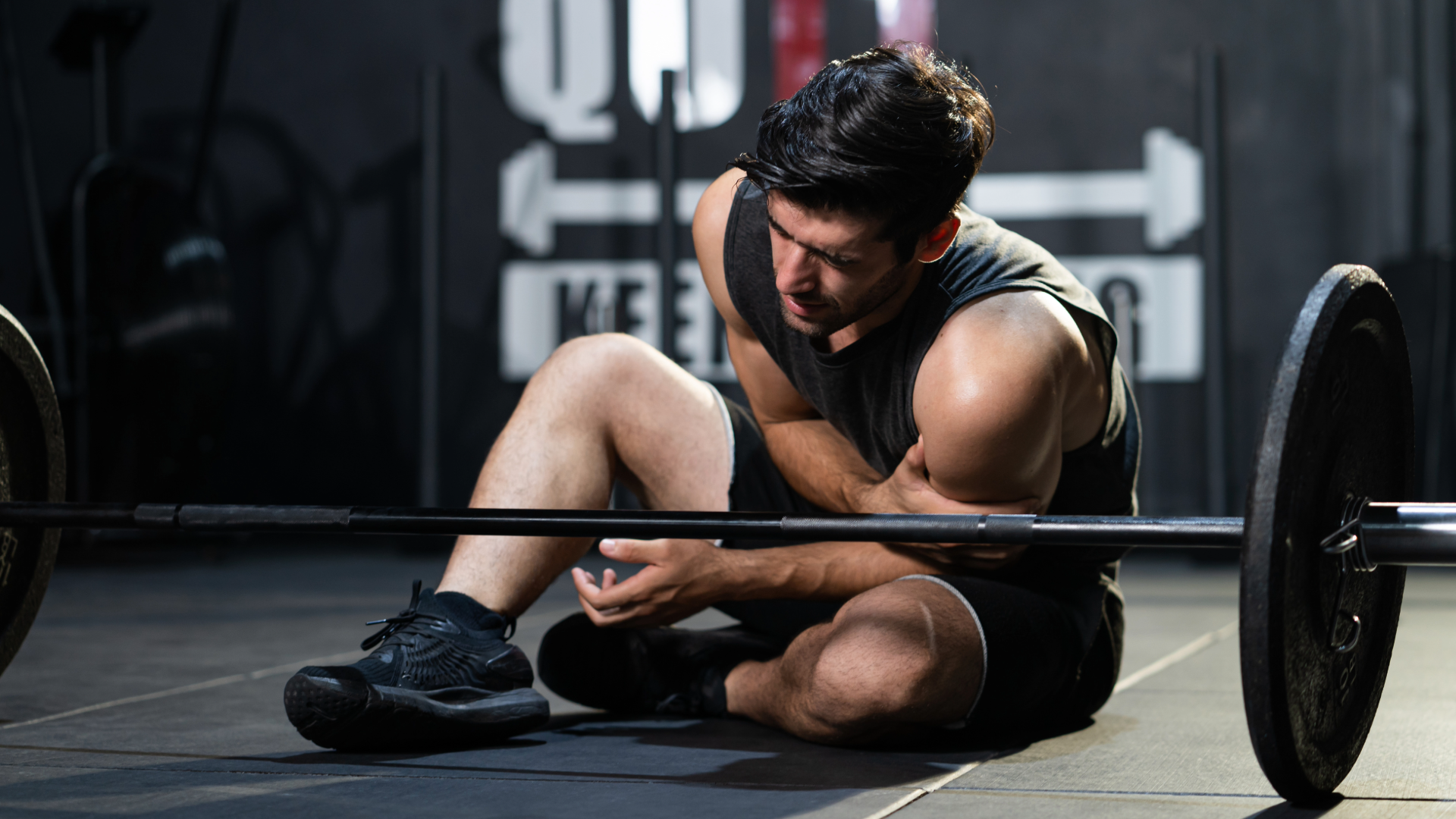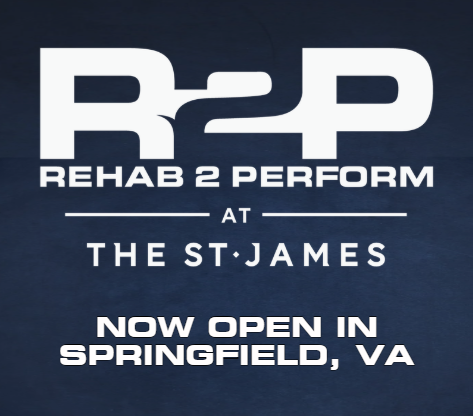Shoulder Injuries: Train Smarter, Not Harder

Avoid Overtraining & Maximize Your Gains
As a physical therapist who works with athletes and fitness enthusiasts, I see a common trend—many people believe that pushing harder and training longer will always lead to better results. The truth is, overtraining can have the opposite effect. Instead of progress, it leads to injury, decreased performance, and burnout.
One of the most common injuries I treat in high-intensity athletes, particularly those training in Hyrox, Crossfit, or Bootcamp style classes, is shoulder pain and dysfunction. These programs demand a high volume of overhead movements, pressing, and dynamic exercises, all of which can put excessive strain on the shoulder joint if not properly managed.
Let’s talk about how to prevent shoulder injuries, optimize recovery, and train smarter for long-term success.
Signs You Might Be Overtraining
Overtraining happens when your body isn’t given enough time to recover between sessions. Here are some key signs:
- Persistent muscle soreness lasting longer than 48 hours
- A plateau or decrease in performance despite continued effort
- Lingering joint pain, especially in the shoulders
- Sleep disturbances, increased fatigue, or lack of motivation
If you’re experiencing any of these, your body is telling you to adjust your training before injury occurs.
How to Prevent Shoulder Injuries While Training
The shoulder is one of the most mobile joints in the body, which makes it highly susceptible to injury. Here’s how to keep it strong and stable:
Prioritize Warm-Ups and Mobility
A proper warm-up is essential before diving into high-intensity workouts. Focus on shoulder activation and mobility drills like banded external rotations, scapular retractions, and thoracic spine mobility work. This prepares your joints and muscles for overhead movements.
Strengthen the Right Muscles
A well-balanced training program should include rotator cuff and scapular stability work to support pressing and pulling exercises. Common issues arise when the larger muscles compensate for the smaller stabilizers, leading to imbalances and overuse injuries.
Modify High-Risk Movements When Needed
Athletes often push through pain, which can lead to chronic injuries. If you’re experiencing shoulder discomfort, modifying certain movements can make a big difference.
- Substitute strict pull-ups for kipping pull-ups to reduce excessive strain
- Use dumbbells or landmine presses instead of barbell overhead lifts for better control
- Reduce volume on dips, muscle-ups, and snatches if they cause shoulder irritation
Focus on Recovery to Avoid Shoulder Injuries
Training progress doesn’t happen during the workout—it happens in the recovery phase.
- Allow at least one full rest day per week
- Incorporate active recovery methods like mobility work, soft tissue release, and contrast therapy
- Get adequate sleep and proper nutrition to support muscle repair
Maximizing Gains Without Burnout
It’s possible to train at a high level while avoiding injury and overuse. A structured program that allows for progressive overload without excessive volume will yield better results than constantly pushing your limits without a plan.
Most importantly, listen to your body. If your shoulders feel tight or painful, don’t ignore the signs. Adjust, modify, and recover before a minor issue becomes a long-term problem.
Free Injury Consultation for Athletes
If you’re experiencing shoulder pain or signs of overtraining, don’t wait until it sidelines you completely. Our sports physical therapy team specializes in injury prevention and recovery, helping athletes stay strong and pain-free Schedule a free injury consultation today to keep your training on track.
Book Your Consult Today
- Dr. Zach Baker, DPT, SCS, Chief Clinical Officer

About Rehab 2 Perform
Rehab 2 Perform is a leading physical therapy and sports rehabilitation company dedicated to helping clients achieve optimal performance in their daily lives, whether they are athletes, weekend warriors, or individuals recovering from injury. With a team of highly skilled professionals across 11 state-of-the-art locations (soon to be 12), Rehab 2 Perform offers a personalized, evidence-based approach that emphasizes active rehabilitation and functional fitness. Find a Location near you, or Schedule Here.

